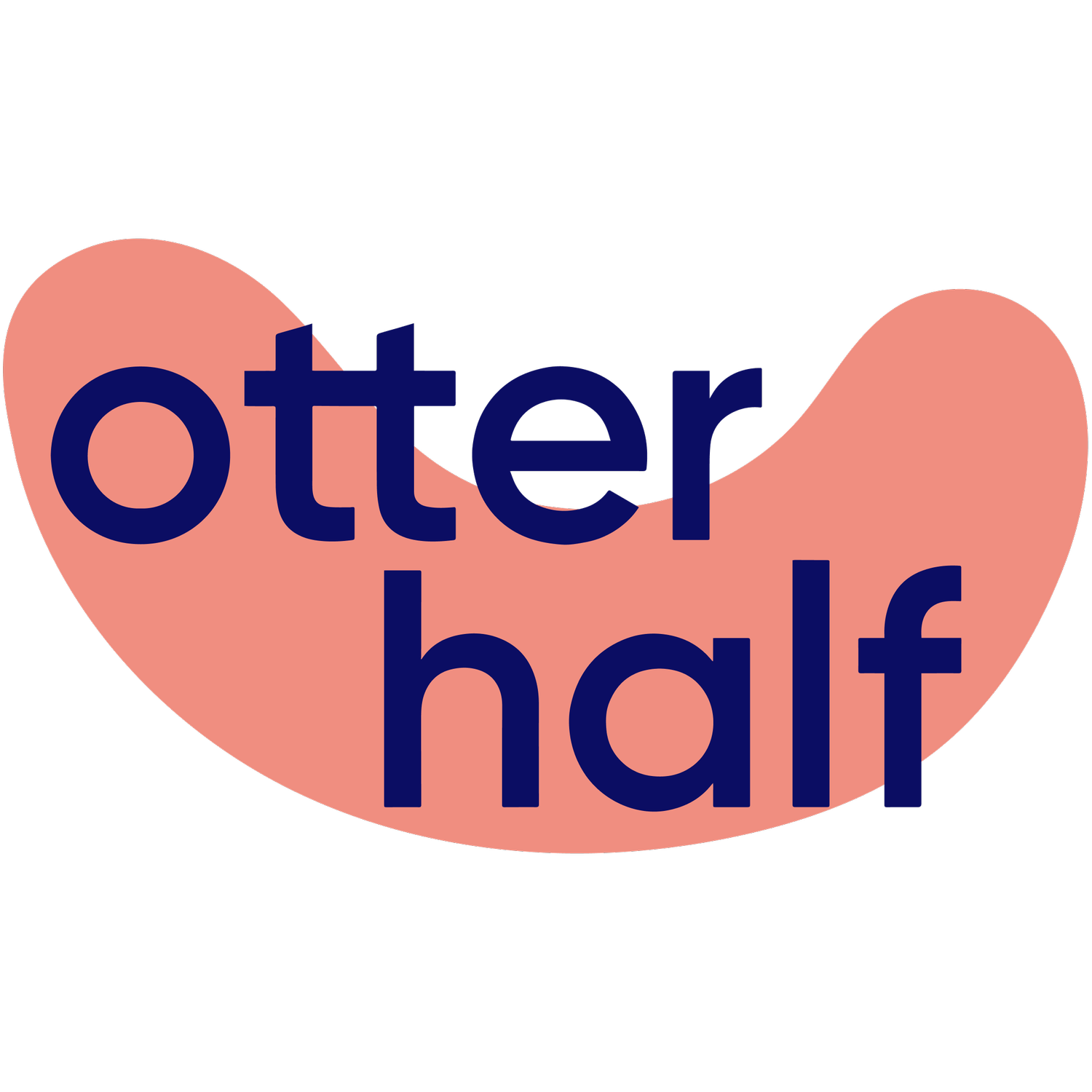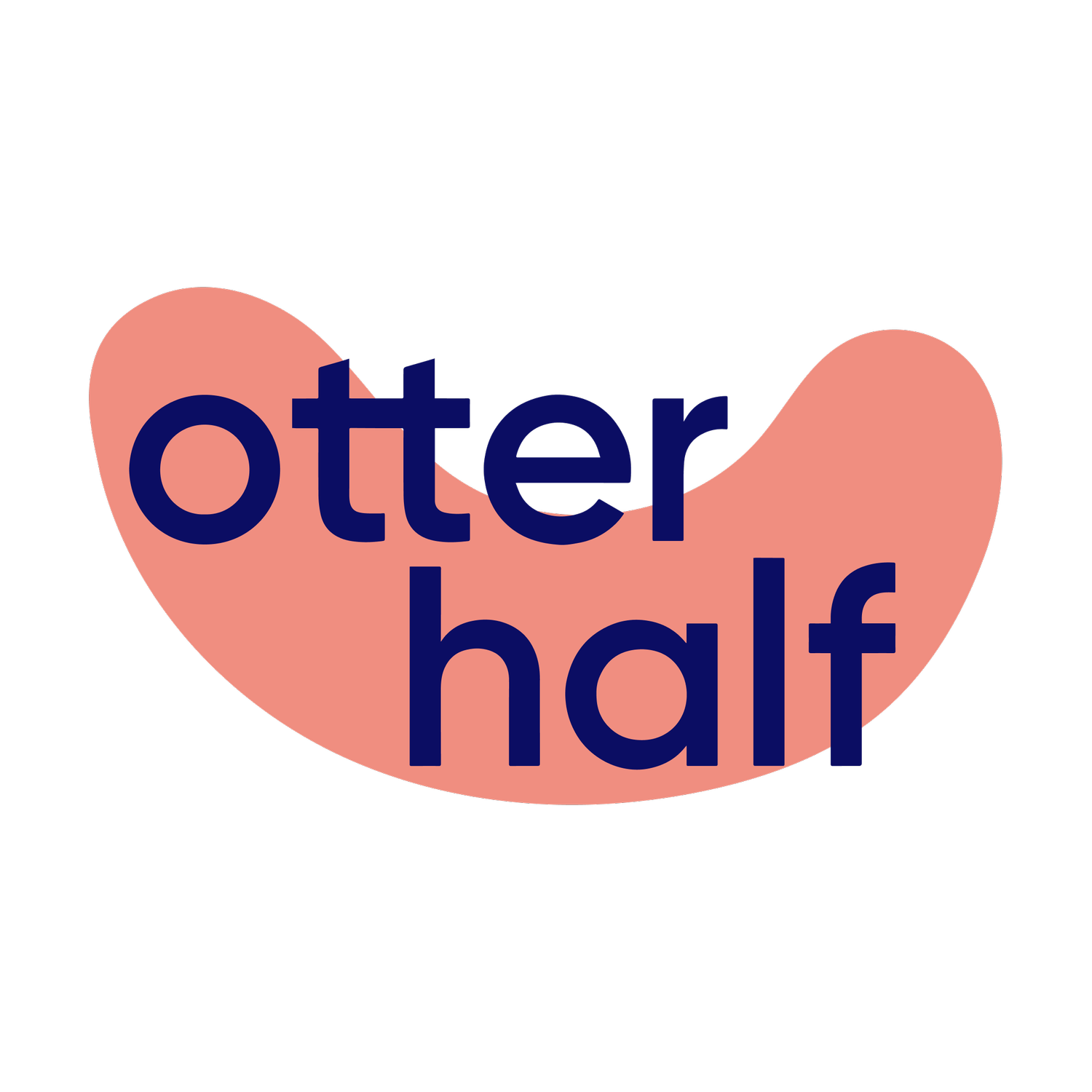Fractional CMO vs Traditional CMO: Key Differences & Which to Choose
Key Insights
Traditional CMOs are full-time executives who manage marketing strategy, execution, and team leadership well-suited for mature companies with established budgets and infrastructure.
Fractional CMOs provide senior-level marketing expertise on a part-time, retainer, or project basis — ideal for startups, SMEs, or companies in transition.
Cost & Flexibility Are Major Differentiators: Fractional CMOs cost significantly less (S$5K–S$15K/month) compared to Traditional CMOs (S$16K–S$34/month + benefits).
Time Commitment & Availability Varies: Traditional CMOs are embedded in day-to-day operations, while Fractional CMOs work on-demand and focus on high-level strategy.
Choose Based On Growth Stage & Needs: Fractional CMOs suit smaller companies with tighter budgets, especially those earning <S$10 M. On the other hand, Traditional CMOs are better for large firms in need of full-time leadership and long-term brand direction.
Introduction
Looking to scale up your business? It might be time to invest in high-level marketing leadership. But do you really need a Chief Marketing Officer (CMO) – or is there a more flexible way to access senior marketing expertise without the high costs?
A traditional CMO is a full-time, c-suite employee overseeing all aspects of a company’s marketing strategy. In contrast, a fractional CMO is a part-time, or contract-based, senior marketing executive who provides the same strategic marketing leadership on a flexible schedule. Instead of working for your company full-time, they work with multiple clients offering marketing strategy, direction and execution without the long-term costs or overheads.
In this article, we dive into the key differences between a traditional CMO and fractional CMO to help you decide which one is the right fit for your company.
What is a traditional CMO?
Definition & Core Duties
A Traditional CMO is a full-time, in-house executive overseeing a company’s marketing activities. They craft the company’s marketing strategy, shaping brand positioning, managing marketing performance and ensuring alignment with overall business goals. They work closely with the sales, product, and customer success teams to ensure a unified go-to-market approach.
Typical Team Structure & Cost Profile
CMOs typically work with a fully-staffed marketing team to execute their strategy. This may include marketing managers, designers, copywriters, analysts, digital specialists, and so on. CMOs may also collaborate with external agencies such as PR Firms and Marketing Research Firms for additional marketing support.
Thus, hiring a traditional CMO and creating your own in-house department comes with significant cost implications. On average, CMOs in Singapore earn S$200K-S$400K annually — and that’s without including bonuses, stock options or benefits.
To add on, consider the additional salaries of supporting team members. This usually results in a high amount of investment cost, which is better suited for established companies with existing marketing infrastructure, and the budget to support an executive-led team.
What is a Fractional CMO?
Definition & Engagement Models
A fractional CMO is a senior marketing executive who provides strategic marketing leadership to a company on a part-time or project-basis. Unlike a traditional CMO, a fractional CMO supports multiple clients and is engaged through a monthly retainer, hourly fee, or fixed contract.
Similar to a traditional CMO, they offer high-level marketing guidance on strategy, go-to-market plans, team oversight, digital marketing, but without the overhead of a permanent executive hire. An engagement with a fractional CMO may range from a few hours per week to several days per month, depending on the company’s needs. This high flexibility makes hiring a fractional CMO ideal for startups, SMEs, or businesses in transition that require executive expertise, but lack the budget for a full-time hire.
Cost Comparison VS Full-time CMO
Typically, hiring a fractional CMO is a more affordable approach compared to onboarding a full-time CMO for your business. Instead of having to regularly cover compensation and benefits, you can opt to work with the fractional CMO only on an “as-needed” basis — only paying for their expertise when you need it most. Below is a side-by-side comparison that outlines the key cost differences between a traditional CMO and a fractional CMO.
Head-to-Head Comparison
Beyond cost factors, there are other factors that differentiate a fractional CMO and a traditional CMO. This includes the scope of responsibilities, level of time commitment, flexibility of engagement, and access to specialised expertise. Understanding these differences is critical when deciding which model best aligns with your company’s current needs and long-term growth strategy.
Traditional CMO vs Fractional CMO
Responsibility & Scope
A traditional CMO is deeply embedded within your company’s operations, overseeing all aspects of marketing, while working closely with other departments to ensure alignment with overall business goals. They lead in-house teams, and manage relationships with external partners.
A fractional CMO focuses on strategic marketing planning, and may advise your in-house teams on execution. While they may guide strategy implementation, day-to-day marketing tasks are delegated or outsourced.
Cost & Flexibility
Traditional CMOs require a fixed annual salary, bonuses, benefits, resulting in higher marketing overheads.
Fractional CMOs are engaged through retainer, hourly or project-based pricing. This model offers flexibility, allowing businesses to scale up or down based on their current marketing needs. This makes hiring a fractional CMO ideal for startups, SMEs, and even companies going through leadership transition.
Time Commitment & Availability
A traditional CMO is a full-time employee who is available throughout the week, and often participates in executive meetings, internal decision-making and cross-functional collaboration.
A fractional CMO works limited hours per week or month, and are typically not embedded within your company’s daily operations. They mostly work on an “on-demand” schedule, making advanced planning essential to meet real-time needs.
Scalability & Access to Expertise
Traditional CMOs bring deep industry knowledge, and extensive experience in marketing to your company, but they are often limited to their own experiences and internal resources. Thus, they often require an in-house team of juniors and middle marketing professionals to execute their ideas.
Fractional CMOs provide their deep expertise and a personal network of specialists ranging from designers, copywriters, media buyers, analysts and more. These specialists are brought in as needed, offering more scalability and flexibility — highly suitable for companies looking to access a diverse talent pool without committing to building an internal team.
Pros and Cons
Choosing to hire your own CMO, or working with a fractional CMO both has its own benefits and drawbacks. Each model will benefit a company in different ways. Here’s a list of the pros and cons of each model to help you decide which option is right for you.
Pros of Hiring a Fractional CMO
Cost-Efficiency
Fractional CMOs offer access to senior-level marketing leadership without the high overhead of a full-time executive. Most fractional CMOs can be onboarded as needed, allowing you to only pay for what you need. This makes it ideal for startups and SMEs.
Senior Expertise
A fractional CMO who has similar experiences to a traditional CMO, offering the strategic marketing insight needed to level up your company’s initiatives. Improve your business with the industry’s best practices, cross-sector insights, and proven frameworks.
Flexible Arrangements
Engagements are structured based on your company’s needs. You can usually opt for hourly, monthly, retainer, or project-based engagement. This allows you to scale marketing support up or down depending on your business needs, campaigns or funding stages.
Cons of Hiring a Fractional CMO
Potential Bandwidth Limits
As fractional CMOs serve multiple clients simultaneously, their availability may be limited. Thus, they may not respond immediately to day-to-day issues, or participate in conversations with internal, executive teams, which may not suit fast-moving teams that need constant hands-on leadership.
Less Organisational Immersion
Fractional CMOs are not full-time employees, embedded within your company. Thus, it may take more time for them to understand your team’s culture, dynamics and nuanced business needs. This can result in longer onboarding periods, and misalignment with deliverables.
Pros of Hiring a Traditional CMO
Full Availability
As a full-time employee, a traditional CMO is dedicated to your business. They will be available for daily meetings, cross-functional collaboration and real-time decision making.
Deeper Culture Fit
Being embedded within the organisation allows a traditional CMO to build stronger collaborative relationships with internal teams, and better understand your brand and company culture.
Team Continuity
A traditional CMO can continuously mentor and manage the marketing team, ensuring long-term development, and strategic consistency.
Cons of Hiring a Traditional CMO
Higher Fixed Cost
With salaries ranging from S$200K-S$400K, not including benefits, hiring a traditional CMO can be expensive. This makes them a significant long-term investment, well-suited for larger, mature companies with higher marketing budgets.
Longer Hiring Cycles
Recruiting senior leadership can take months, which may delay critical marketing initiatives, slowing down the company’s growth.
Which Model is Right for You?
Decision Criteria & Company Profiles
Revenue Stage
Businesses in the early post-product marketing fit growth phase will benefit from a Fractional CMO who can provide strategic marketing guidance without the full-time costs, though we are also seeing more business units that operate like a startup within a listed or mature stage coming to us for marketing support. Traditional CMOs are better suited to mature businesses with stable, recurring revenue, who require a full C-suite team to be accountable to stakeholders.
2. Marketing Maturity
Businesses without a fully developed marketing function will benefit from the flexibility of a Fractional CMO, who can bring in specialists as needed to support marketing efforts. In contrast, companies with existing internal marketing teams, systems, and long-term brand strategies typically require the in-depth involvement of a Traditional CMO.
3. Budget Constraints
The fractional model offers a more affordable approach to scaling up marketing efforts. This is well-suited to growing businesses with tighter marketing budgets. Meanwhile, companies with larger marketing budgets and long-term growth plans may prefer to invest in a full-time executive.
Revenue & Team-Size Thresholds
There is no one-size-fits-all rule for when to hire a Fractional CMO versus a Traditional CMO. However, Fractional CMOs are well-suited to SMEs and early-stage startups, especially those operating with lean or no in-house marketing teams, while generating between $2-$30 million revenue (Digital Authority, 2024). These businesses have the bandwidth to implement recommended changes by Fractional CMOs, who offer strategic guidance at flexible, cost-effective rates without the long-term financial commitment of a full-time executive.
In contrast, a Traditional CMO is typically better suited for larger, more mature companies that require daily hands-on oversight to lead established marketing teams, manage complex campaigns, and drive long-term growth across departments.
FAQs on Fractional CMO vs Traditional CMO
What are the key differences between a fractional CMO and a traditional CMO?
A Traditional CMO is a full-time executive leading daily marketing operations. A Fractional CMO works part-time or on-demand, offering strategic leadership without long-term commitment or cost.
How much does hiring a fractional CMO cost compared to a full-time CMO?
A Fractional CMO typically costs S$5,000–S$15,000/month, while a Full-Time CMO can cost S$200,000–S$400,000+ per year, on top of benefits and bonuses.
When should my company opt for a fractional CMO?
Choose a Fractional CMO especially if your business generates $2-$30 million in gross revenue (Digital Authority, 2024), have a small or no marketing team, and need strategic guidance for growth without the full-time overheads. This puts you in the perfect position to implement fast-track marketing strategies that can boost your business for the long run.
What engagement models do fractional CMOs offer?
Fractional CMOs offer:
Retainers (monthly support)
Project-based (specific goals)
Hourly/ad-hoc (flexible advisory)
OtterHalf’s Recommendations & Next Steps
How OtterHalf Offers You the Right Model
OtterHalf is a Singapore-based fractional marketing agency that offers both strategy and execution—without the cost of a full-time team. You can choose to work with our Fractional CMO, hire a flexible marketing team, or engage us for project-based support.
We start with a 45-minute discovery call to understand your goals and challenges. From there, we’ll develop a 6-month marketing strategy tailored to your needs. Based on that plan, you can decide whether OtterHalf is the right partner to support your growth.






